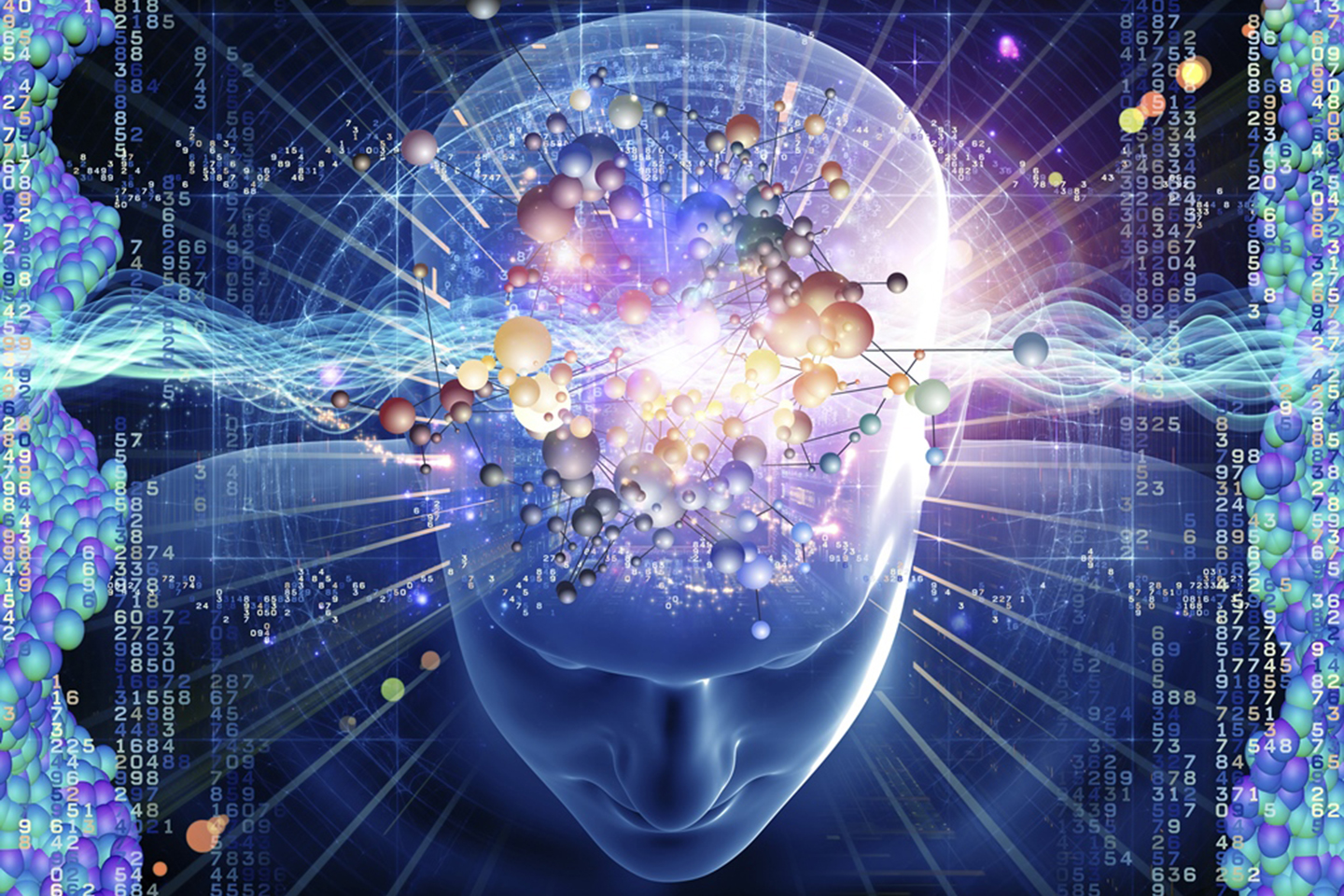10 Things That Will Surprise You to Learn About Your Brain
By Vivian Henoch, Editor myJewishDetroit
January 4, 2016
Ever wonder how your brain actually thinks? Have you any idea what goes on in your head every split second of your life? Here in no particular order are ten surprising facts about the most important organ in your body.
See what you think.
1. The human brain is thirsty and fat
The average adult brain is about the size of a cantaloupe, weighs just under three pounds and is described as having the consistency of tofu. Anatomically speaking, the brain is 73% water. (It takes only 2% dehydration to affect your attention span, memory and other cognitive skills.) Of the dry weight, 60% of the brain is fat, making it the fattiest organ in the body. 25% of the body’s cholesterol resides within the brain. Cholesterol is an essential and integral part of every brain cell.
2. Your brain burns through energy
While only containing about 2% of your body’s mass, your brain burns about 17% of your body’s energy and 20% of the oxygen in your blood producing about 10-23 watts of power when awake – enough to light a bulb – according to the American College of Neuropsychopharmacology.
3. Most of our brain cells aren’t neurons
The popular myth suggesting that we use only 10% of our brainpower is flat-out wrong. Brain scans clearly show that we use most of our brain most of the time, even when sleeping. Scientists estimate that neurons make up just 10% of our brain cells. The other 90%, which account for about half the brain’s weight, are called glia (or glial cells) which form myelin and provide support and protection for the nervous system.
4. Wrinkles make you smart
Wrinkles? They could be the secret to your brainpower. The surface of the human brain is convoluted by deep fissures, smaller grooves called sulci, and ridges called gyri.
The folded, meandering surface of the brain gives it room to pack its billions upon billions of neurons— and thus, more processing power — into the limited confines of the skull.
5. The brain is your inner sanctum
A blood-brain barrier protects your brain from foreign substances. But it doesn’t work perfectly. The nicotine in smoke rushes into the brain in a mere seven seconds. Alcohol, on the other hand, takes its time – six minutes.
6. Brains never stop changing
Scientific wisdom once held that, once you hit adulthood, your brain lost all ability to form new neural connections. This ability, called plasticity, was thought to be confined to infancy and childhood. Correction: Studies now show evidence of human neurons making new connections into adulthood; meanwhile, research on meditation showed that intense mental training can change both the structure and function of the brain.
7. Exercise helps the brain reorganize and boost willpower
What’s good for the body is good for the brain. Scientists believe there’s a link between exercise and mental alertness, in a similar way that happiness and exercise are related.
A lifetime of exercise can result in an astonishing elevation in cognitive performance. As compared to couch potatoes, those who exercise regularly outperform in tests that measure long-term memory, reasoning, attention and problem-solving.
8. Contrary to popular thought, our brains are not wired to multi-task
Multi-tasking is something we’ve long been encouraged to practice, but it turns out, it’s actually impossible. When we think we’re multi-tasking, we’re actually context-switching. That is, we’re quickly switching back-and-forth between different tasks, rather than doing them at the same time.
9. Teen brains aren’t fully formed
Parents relax! That adolescent attitude stems, in part, from the vagaries of brain development. Resembling the growth spurt of early childhood, the gray matter of the teen brain peaks just before puberty and is pruned back down throughout adolescence, with some of the most dramatic development happening in the frontal lobes, the seat of judgment and decision-making.
10. Our attention spans are getting shorter.
According to stats put forth by the Statistics Brain Research Institute, in 2000, the average attention span was 12 seconds. Now, it’s eight seconds. That’s shorter than the attention span of the average goldfish which is recorded nine seconds.
Talk about attention span, who’d imagine: the average number of times per hour people in the office check email: 30. The percentage of words you’ve probably read on this web page: 28% For more fun facts and stats, see statisticbrain.com/attention-span-statistics/
*Sources: National Geographic: Your Brain, a User’s Guide; updated 2015; 14 Things You Didn’t Know About Your Brain http://www.huffingtonpost.com/2014/11/06/brain-fun-facts-list_n_5597311.html; 50 Amazing Human Brain Facts (Based on the Latest Science) By Deane Alban; 10 Things You Didn’t Know About the Brain, from livescience.com, by Stephanie Pappas http://bebrainfit.com/human-brain-facts/; http://www.factslides.com/s-Brain; 10 BrainMust-Knows to Live + Work with More Ease, by Eileen Chadnick http://www.huffingtonpost.ca/eileenchadnick/brain-health_b_4799449.html; statisticbrain.com/attention-span




